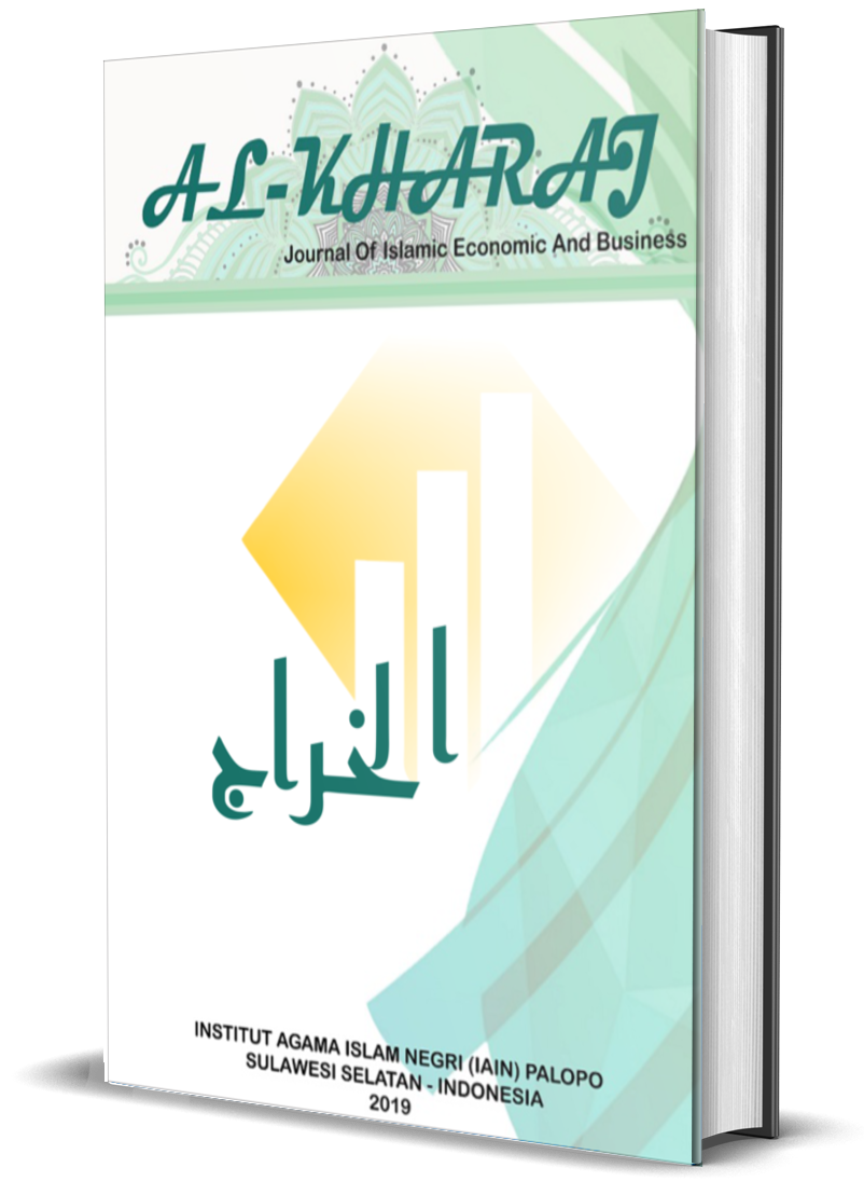The Influence of Copywriting Training on Soft Skill Development to the National Senior High School Students of Bandung City
DOI:
https://doi.org/10.24256/kharaj.v7i2.7582Keywords:
Persuasive Communication, Creative, Copywriting, Bandung CityAbstract
This study aims to analyze the effect of copywriting training on the development of soft skills in students of SMA Nasional Bandung City. Soft skills are important competencies that students need to have, including communication skills, creativity, and critical thinking. This study uses a quantitative approach with an experimental research design and multiple linear regression analysis. Data were collected from 100 students who participated in copywriting training, with independent variables being student motivation, copywriting training, and creativity. The results of the analysis show that copywriting training has a positive and significant effect on the development of students' soft skills (p-value = 0.015). Creativity also has a very significant effect with a very small p-value (0.000), while student motivation does not have a significant effect on the development of soft skills (p-value = 0.195). The regression model used has an R Square value of 0.980, which means that 98% of the variation in soft skill development can be explained by the variables tested. This study concludes that copywriting and creativity training play an important role in improving students' soft skills, while student motivation does not show a significant effect in this model.
References
Arno, A., & Mujahidin, M. (2024). Enhancing Zakat Management: The Role of Monitoring and Evaluation in the Amil Zakat Agency. Jurnal Economia, 20(3), 397-418. doi:https://doi.org/10.21831/economia.v20i3.53521
Bisoyi, D., Barua, U., & Guha, E. (2013). Effective Communication of Product Information: A Copy Writing Methodology. IOSR Journal of Humanities and Social Science, 6(4), 1–3.https://doi.org/10.9790/0837-0640103
Boronova, K. A. (2021). Developing students' practical skills of creative thinking in the educational process. 2(05), 579–582. https://doi.org/10.17605/OSF.IO/QXUE5
Fiqran, M., Mujahidin, M., Bakri, A. N., & Abdulrahman, A. J. A. (2024). Motivation for Waqf in Millennials and Generation Z: Highlighting Religiosity, Literacy and Accessibility. IKONOMIKA, 9(2), 309-332.
Gura, T. (2012). Training: Workshops that work. Nature, 488(7411), 419–420.https://doi.org/10.1038/NJ7411-419A
Hastalona, D., Asih, AJ, Ulpah, U., Ridwan, R., & Mellyoni, M. (2021). Pkm: The importance of soft skill mastery for Generation Z among students of SMA Inti Nusantara Tebing Tinggi. Indonesian Collaboration Journal of Community Services.https://doi.org/10.53067/icjcs.v1i4.22
Hernández, E. (2017). The Art of Copywriting (pp. 129–139). Apress, Berkeley, CA.https://doi.org/10.1007/978-1-4842-2056-6_9
Ishak, I., Putri, Q. A. R., & Sarijuddin, P. (2024). Halal Product Assurance at Traditional Markets in Luwu Raya Based on Halal Supply Chain Traceability. Amwaluna: Jurnal Ekonomi dan Keuangan Syariah, 8(2), 224-240.
Johnson, B. (2021). Soft Skills - Essential for Success. 8(3), 99–102.https://www.babymhospital.org/BMH_MJ/index.php/BMHMJ/article/view/311
Juliana, R., Juliani, R., Husna, A., Fahrimal, Y., & Husna, C. (2022). Creative writing training for students of the Communication Studies program at Teuku Umar University. Journal of Community Service, 11–22.https://doi.org/10.47498/meuseuraya.v1i2.1278
K, A. ., Astuti, A. R. T. ., & ., Mujahidin. (2024). The Impact of Word of Mouth and Customer Satisfaction on Purchase Decisions: The Role of Maslahah as an Intervening Variable in the Cosmetic Products Industry in Indonesia. Journal of Ecohumanism, 3(7), 1525–1540. https://doi.org/10.62754/joe.v3i7.4307
Majid, N. H. A., Omar, A. M., & Busry, L. H., Mujahidin Reviving Waqf In Higher Education Institutions: A Comparative Review Of Selected Countries. European Proceedings of Social and Behavioural Sciences.
Mor, S. K. (2024). Soft Skills and Their Importance in the Workplace. Indian Scientific Journal Of Research In Engineering And Management, 08(07), 1–10.https://doi.org/10.55041/ijsrem36696
Mujahidin, M., Imran, M., Sapa, N. B., Fasiha, F., Aisya, S., & Trimulato, T. (2025). Challenge of Waqf to the Social and Economic Welfare of Muslim Communities: A Comparative Analysis Between Countries. Jurnal Ilmiah Mizani: Wacana Hukum, Ekonomi Dan Keagamaan, 12(1), 168-184.
Mujahidin, Rahmadani, N., & Putri, Q. A. R. (2024). Analysis of the Influence of Religiosity Values In Reducing Consumptive Behavior in Indonesian Muslim Consumers. Amwaluna: Jurnal Ekonomi dan Keuangan Syariah, 8(2), 253-274.
Naveed, M. (2023). A Study on the Determination of Most Demanding Soft Skills at Workplaces. International Journal For Multidisciplinary Research.https://doi.org/10.36948/ijfmr.2023.v05i06.11401
Putri, Q. A. R., Fasiha, F., & Rasbi, M. (2024). Affiliate marketing and intention to adopt mudarabah: The mediating role of trust in Islamic financial decision-making. JEMA: Jurnal Ilmiah Bidang Akuntansi Dan Manajemen, 21(2), 337–362. https://doi.org/10.31106/jema.v21i2.23381
Rey, J. A. (2016). Las soft skills, el reto de la escuela secundaria. 1(1), 50–54.
Sapsuha, M. U., Alwi, Z., Sakka, A. R., & Al-Ayyubi, M. S. (2024). Review of Gold Trading Practices on Credit (non-Cash) Based on Hadith. Al-Kharaj: Journal of Islamic Economic and Business, 6(3).
The Influence of Brand Equity and Service Quality on the Decision to Use Islamic Banking Services. (2024). International Journal of Religion, 5(11), 7402– 7409. https://doi.org/10.61707/gfqm3b30
Wazdi, AI, & Aprilia, GA (2022). Copywriting Training for Optimizing Digital Marketing for SMK Bakti Nusantara 666, Bandung Regency. AbdiMU Journal (Community Service), 2(2), 62–69. https://doi.org/10.32627/abdimu.v2i2.617
Wulandari, S., Irfan, A., Zakaria, N. B., & Mujahidin. (2024). Survey Study on Fraud Prevention Disclosure Measurement at State Islamic Universities in Indonesia. IQTISHODUNA: Jurnal Ekonomi Islam, 13(1), 327–348. https://doi.org/10.54471/iqtishoduna.v13i1.2305
Downloads
Published
How to Cite
Issue
Section
Citation Check
License
Copyright (c) 2025 Rizky Ilhami, M Rizky Ganda Hutama, Mahesa Heryanto, Kintan Gandari

This work is licensed under a Creative Commons Attribution-ShareAlike 4.0 International License.
Authors retain copyright and grant the journal right of first publication with the work simultaneously licensed under a Creative Commons Attribution-ShareAlike 4.0 International License. In line with the license, authors are allowed to share and adapt the material. In addition, the material must be given appropriate credit, provided with a link to the license, and indicated if changes were made. If authors remix, transform or build upon the material, authors must distribute their contributions under the same license as the original.









